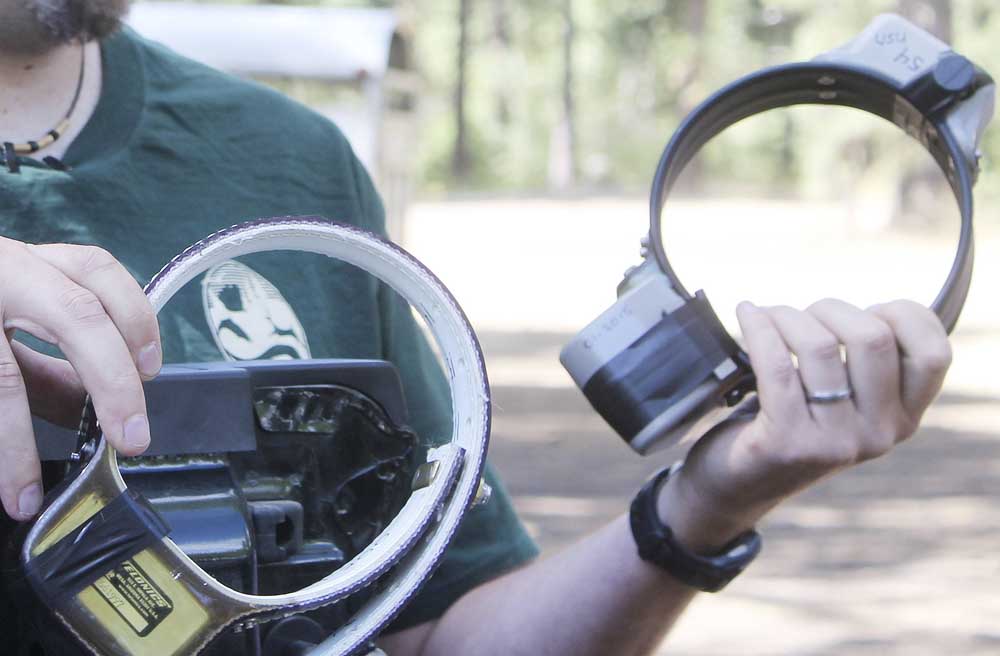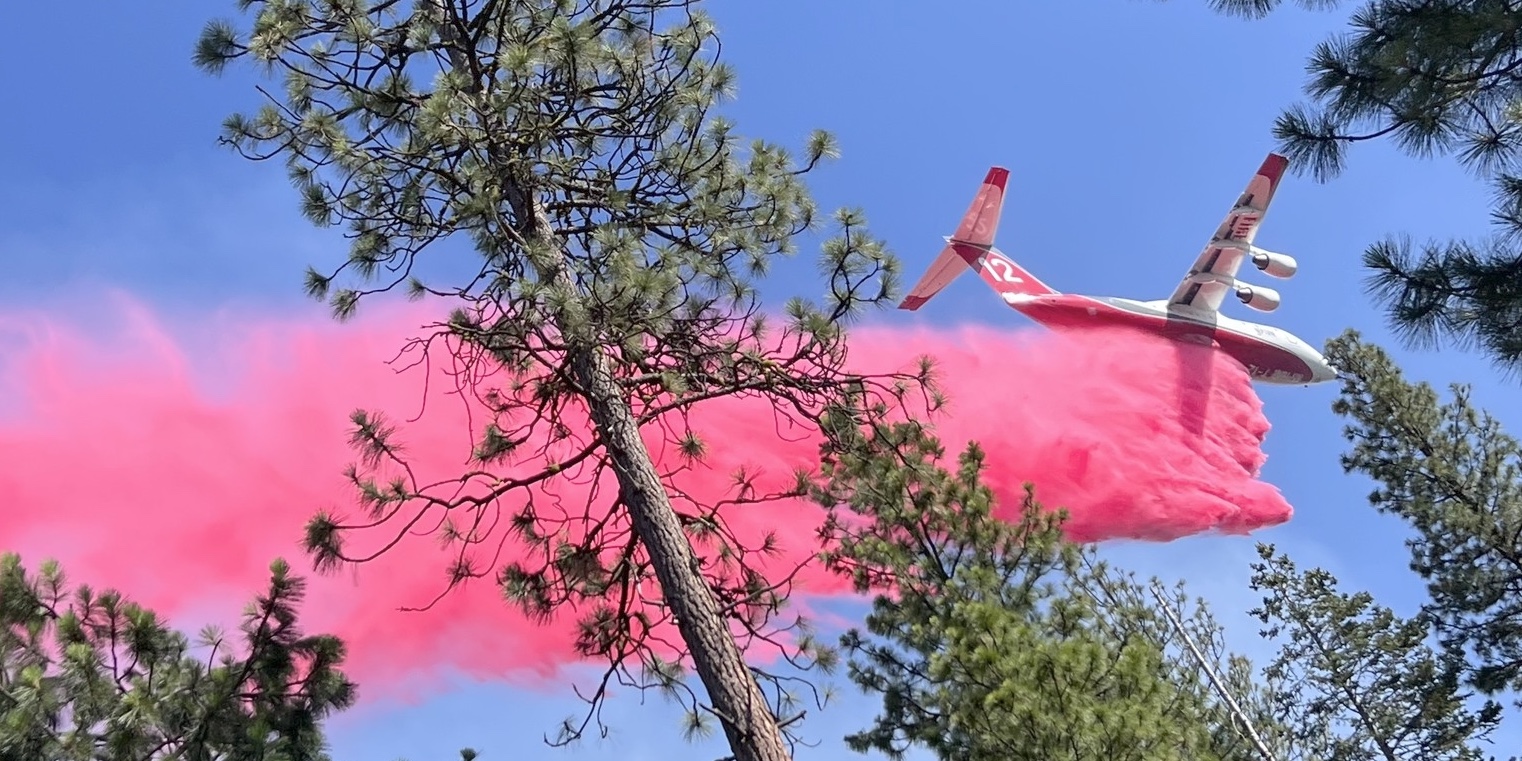Editorial: WDFW needs all the wolf help it can get
Published 7:00 am Thursday, April 16, 2020

- Collars like the ones used to track wolves. The Stevens County, Wash., sheriff has offered to trap and collar wolves free of charge.
Managers at the Washington Department of Fish and Wildlife are missing a bet. Brad Manke, the sheriff of Stevens County, has offered to help overloaded and underfunded WDFW staffers trap wolves and put radio collars on them.
Trending
And he said he’d do it at no charge to the state. The Stevens County Cattlemen’s Association has even offered to pay for the collars.
Yet the department’s leaders have turned them down. Really.
Stevens County is the epicenter of wolf activity in Washington state. Cattle continue to be attacked. Wolves have been killed — by the state — and ranchers’ livelihoods have been put in danger.
Trending
In June, July and August of `1last year, 13 cattle were killed and 11 others were injured by four wolfpacks. That state then killed 9 wolves from two packs.
If that’s a successful wolf management program, we’d hate to see an unsuccessful one.
The key is keeping wolves away from cattle. The only way to do that is to know where the wolves are. While trail cameras help, the best way is to put radio collars on the wolves.
Amid all of the controversy, the only thing that’s clear is the state’s managers need help. That’s why we find the state’s resistance to accepting help from the sheriff, who has an experienced trapper on his staff, so mystifying.
We understand that the state is hesitant to let go of any of its power. That’s a statement of the obvious. And we understand that no state agency has ever been adequately funded, according to its managers.
We also understand that, when the legislature tries to balance the budget after Gov. Jay Inslee shut down the economy this spring, the department’s funding will likely be decimated.
But we don’t understand why WDFW managers would turn down the sheriff’s offer to trap and collar wolves for free. Nor do we understand why the state doesn’t freely share whatever information it has about the location of wolves with ranchers. That seems, well, we can’t think of a polite word for it.
At stake is allowing ranchers in the area know where the wolves are so they can keep their cattle out of harm’s way. That means having a radio collar on as many wolves as possible.
WDFW managers told the legislature last winter that it’s too hard — and too expensive — to collar more wolves. But the sheriff’s offer appears to solve WDFW’s problem.
The only thing getting in the way is WDFW.







